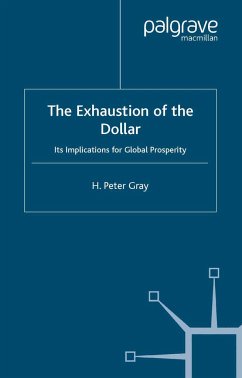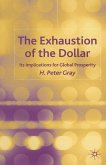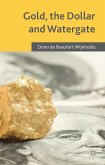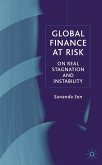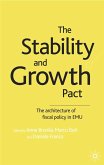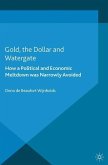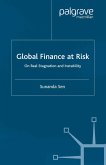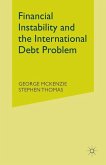The U.S. dollar has served as the key currency of the international economic/financial system for over fifty years. This study assesses the proposition that the series of U.S. current-account deficits over the last twenty years will shortly exhaust the capability of the dollar to continue as the key currency.
'Peter Gray presents a succinct story about the decline and fall of the U.S. dollar as a reserve currency, and the problems of developing an alternative arrangement that would facilitate international payments. Gray sketches the transition problem associated with the decline from a U.S. external payments position characterized by a current account deficit of six percent of GDP to a much smaller sustainable value.' - Robert Z. Aliber, Professor of International Economics and Finance Emeritus, Graduate School of Business, University of Chicago, USA
'In this study of the role of the US dollar within the global economic system, Peter Gray provides a masterly account, which should be of interest to academic economists and policy-makers alike. It is particularly timely to have such a thorough analysis of the logic of, and latest developments in, the international monetary system, whose reliance on one key currency creates such systemic problems.' - Sheila C. Dow, Department of Economics, University of Stirling, UK
'In this study of the role of the US dollar within the global economic system, Peter Gray provides a masterly account, which should be of interest to academic economists and policy-makers alike. It is particularly timely to have such a thorough analysis of the logic of, and latest developments in, the international monetary system, whose reliance on one key currency creates such systemic problems.' - Sheila C. Dow, Department of Economics, University of Stirling, UK

